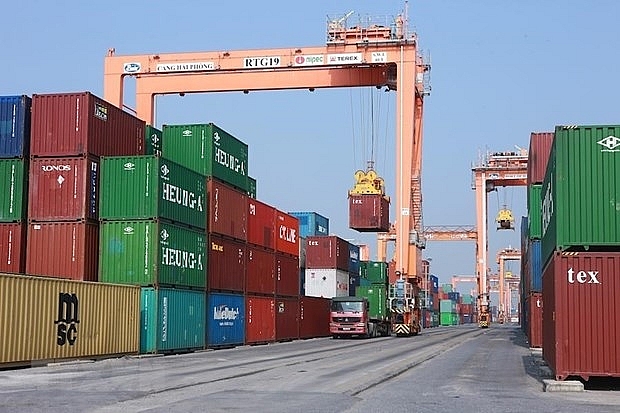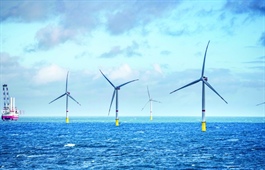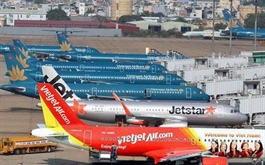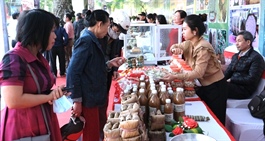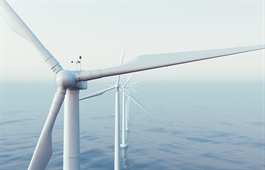Vietnam seeks to expand exports to EU via Poland
Vietnam seeks to expand exports to EU via Poland
Effectively exploiting the Polish market is one of the ways to help Vietnamese goods make inroads into the EU market, experts told a workshop held by the Ho Chi Minh City Investment and Trade Promotion Centre (ITPC) on January 28 on the prospects for Vietnam’s exports to the EU through the Polish gateway.
HCM City - Effectively exploiting the Polish market is one of the ways to help Vietnamese goods make inroads into the EU market, experts told a workshop held by the Ho Chi Minh City Investment and Trade Promotion Centre (ITPC) on January 28 on the prospects for Vietnam’s exports to the EU through the Polish gateway.
According to ITPC Vice Director Tran Phu Lu, Poland is an important and dynamic market in the heart of central Europe, allowing easy access to the 500-million-strong EU market.
Poland is the largest market among the new member states of the EU and the sixth largest in the EU. It is currently the 23rd-largest exporter in the world and the 20th-largest importer. This means that goods exported to Poland have the opportunity to access other markets through transitional exports.
Lu said the EU-Vietnam Free Trade Agreement (EVFTA), which officially took effect on August 1, 2020, has brought many advantages and opportunities to further boost trade between Vietnam and Poland.Despite COVID-19, Vietnam - Poland trade in 2020 reached over 2.1 billion USD, up 17.6 percent against 2019.
Vietnam’s exports to the country were close to 1.77 billion USD, a year-on-year rise of 18.4 percent, while it spent 341 million USD on importing goods from the country.
Piotr Harasimowicz, head of the representative office of the Polish Investment and Trade Agency in HCM City, said Vietnam is the 19th-largest exporter of goods to Poland, with major items being computers, electronics and spare parts, garment-textiles, coffee, and footwear.
The elimination of tariffs on Vietnam’s exports to the EU under the EVFTA will help its goods conquer the Polish market in particular and the EU market in general in the time ahead, he said.
Dang Thai Thien, from the municipal Department of Customs, noted the need for Vietnamese businesses to meet standards in quarantine and food safety, technical barriers, and origin of goods, as well as regulations in the Voluntary Partnership Agreement on Forest Law Enforcement, Governance and Trade (VPA/FLEGT) and the Convention on International Trade in Endangered Species of Wild Fauna and Flora (CITES), and those related to illegal, unreported, and unregulated (IUU) fishing if they want to promote exports to the EU.
In order to fully tap the advantages brought about by the EVFTA and further promote exports to the EU, businesses need to synchronously carry out solutions relating to market surveys and the renovation of production to bolster trust among importers, Thien said.

